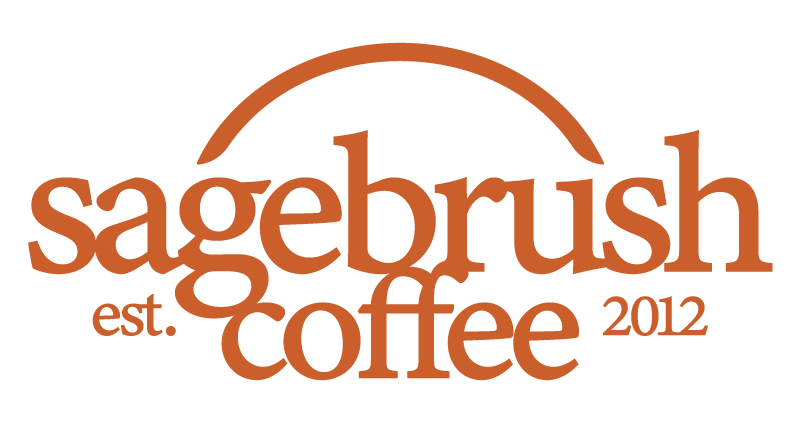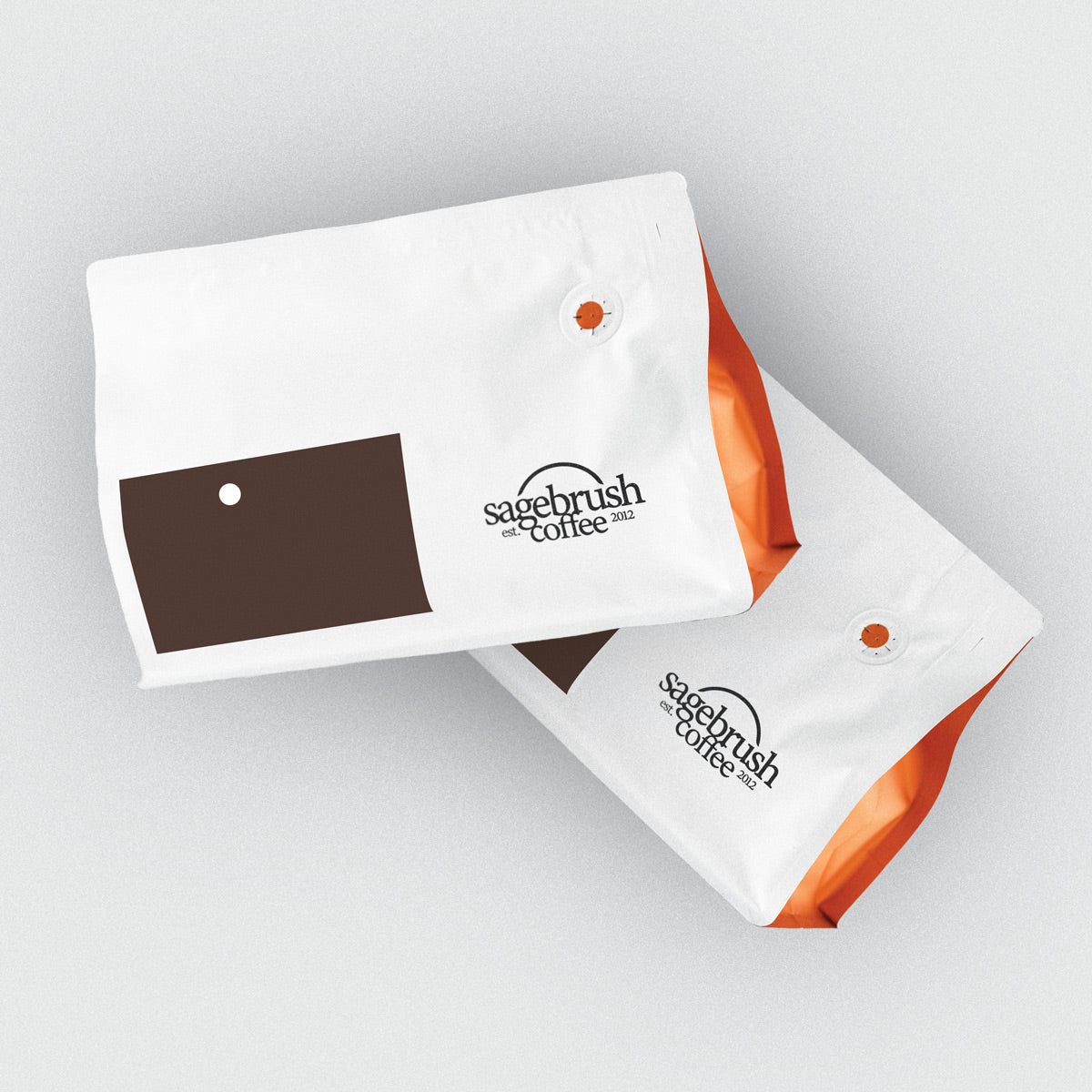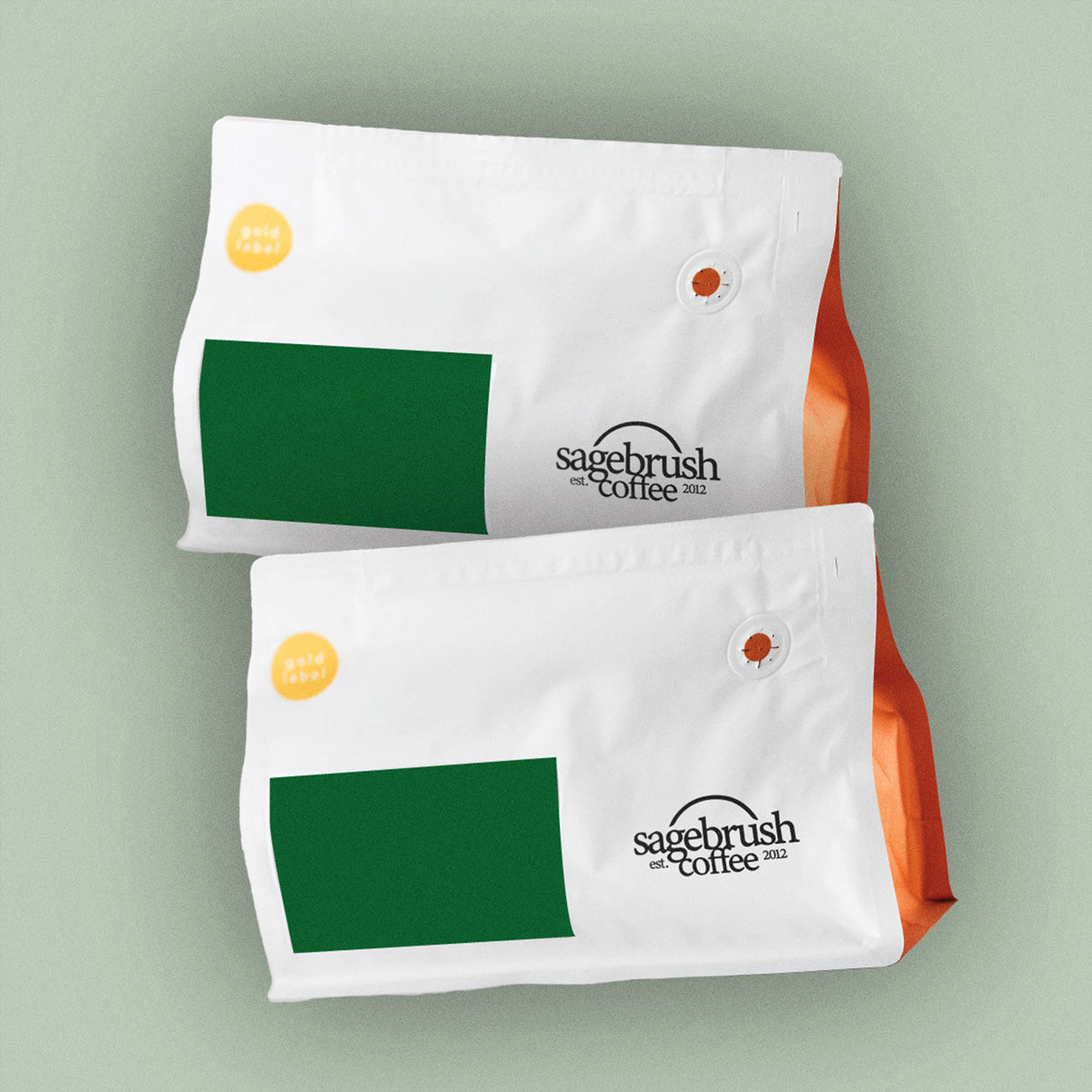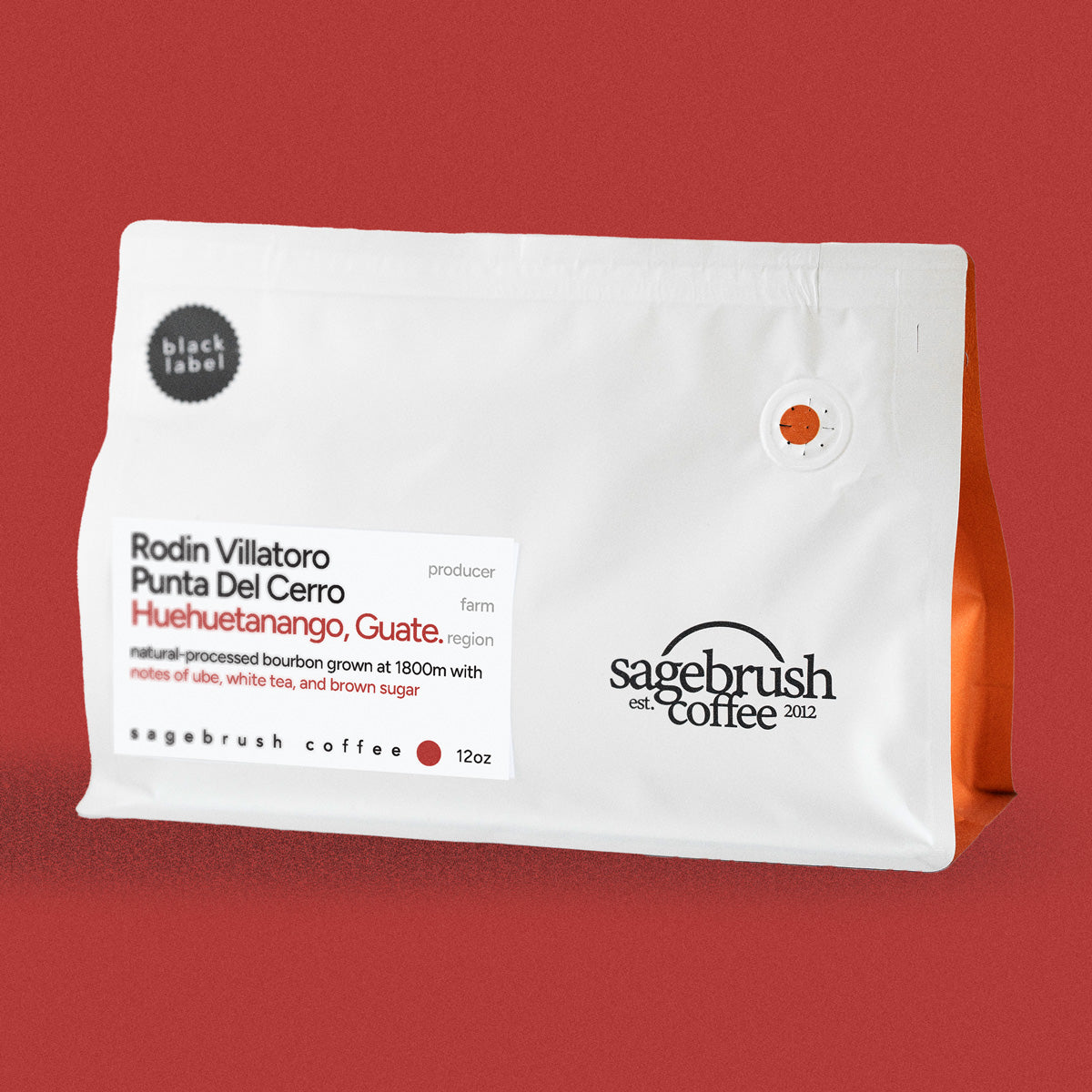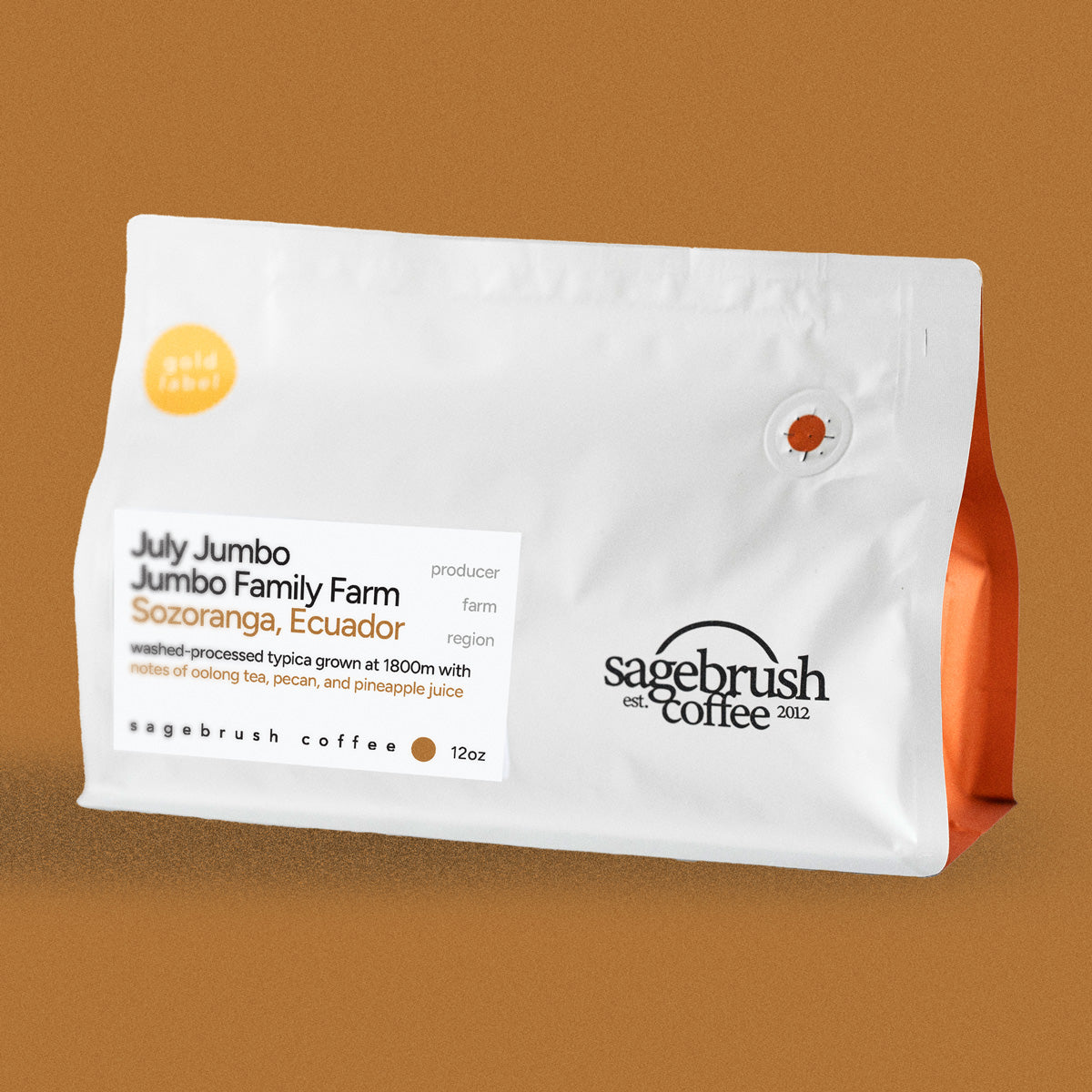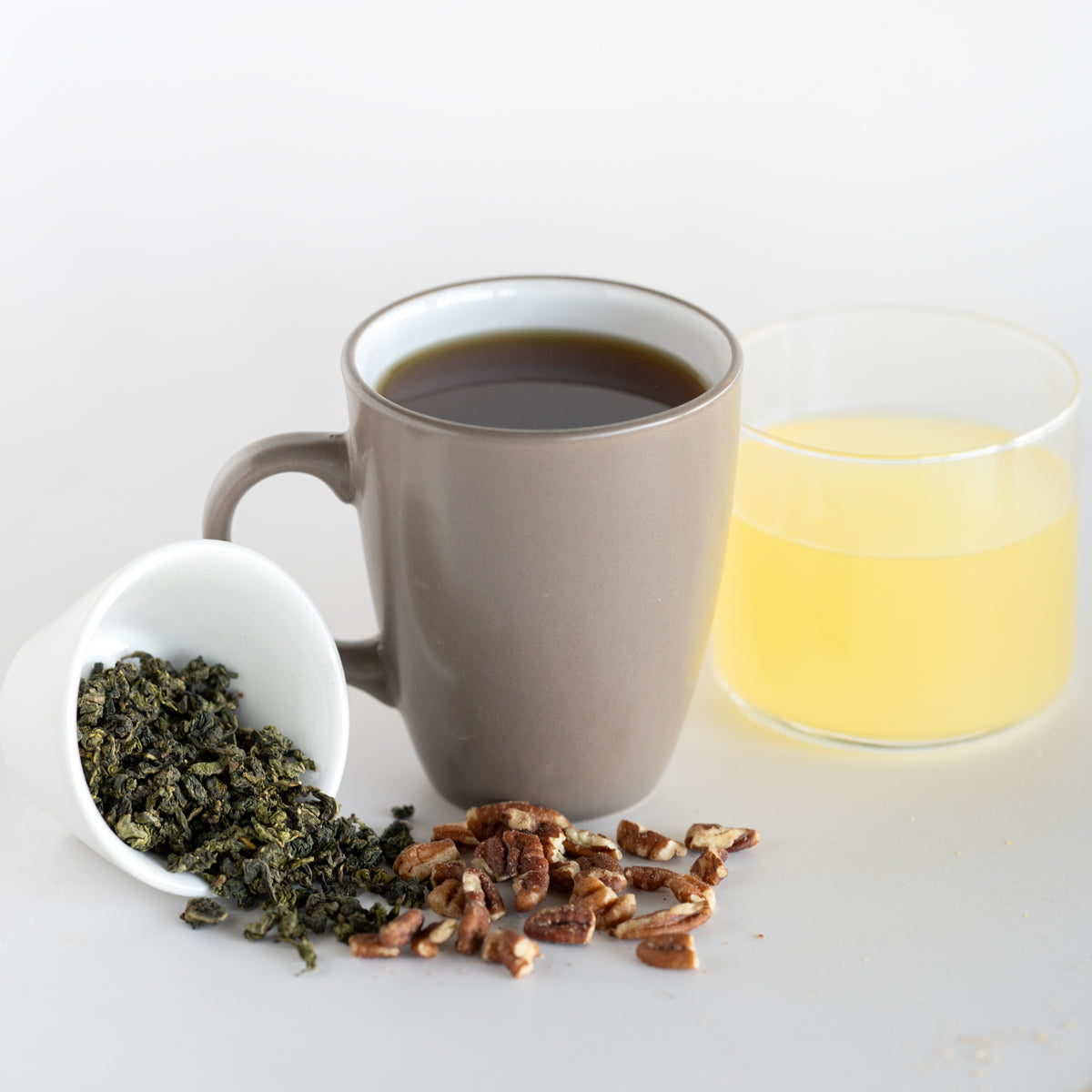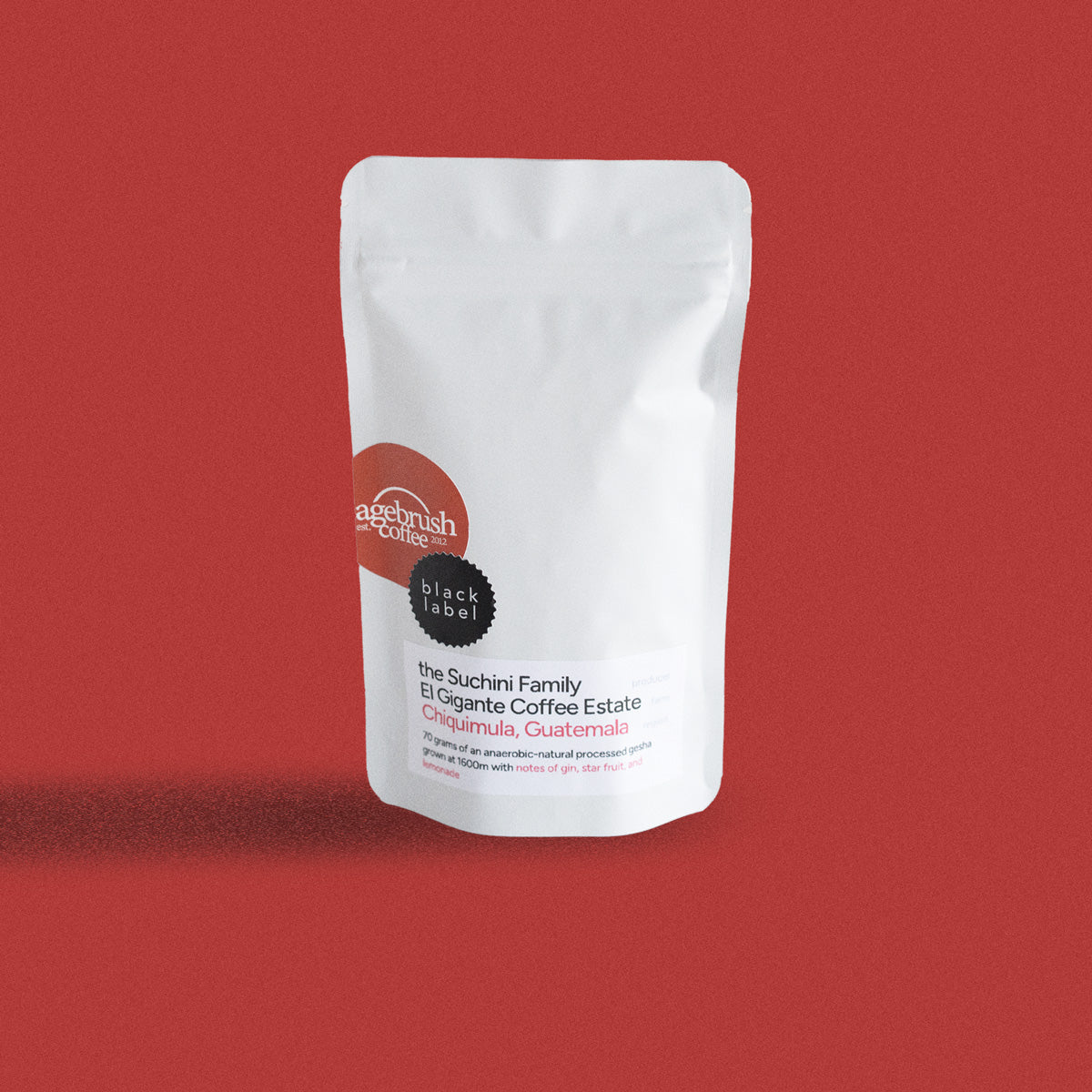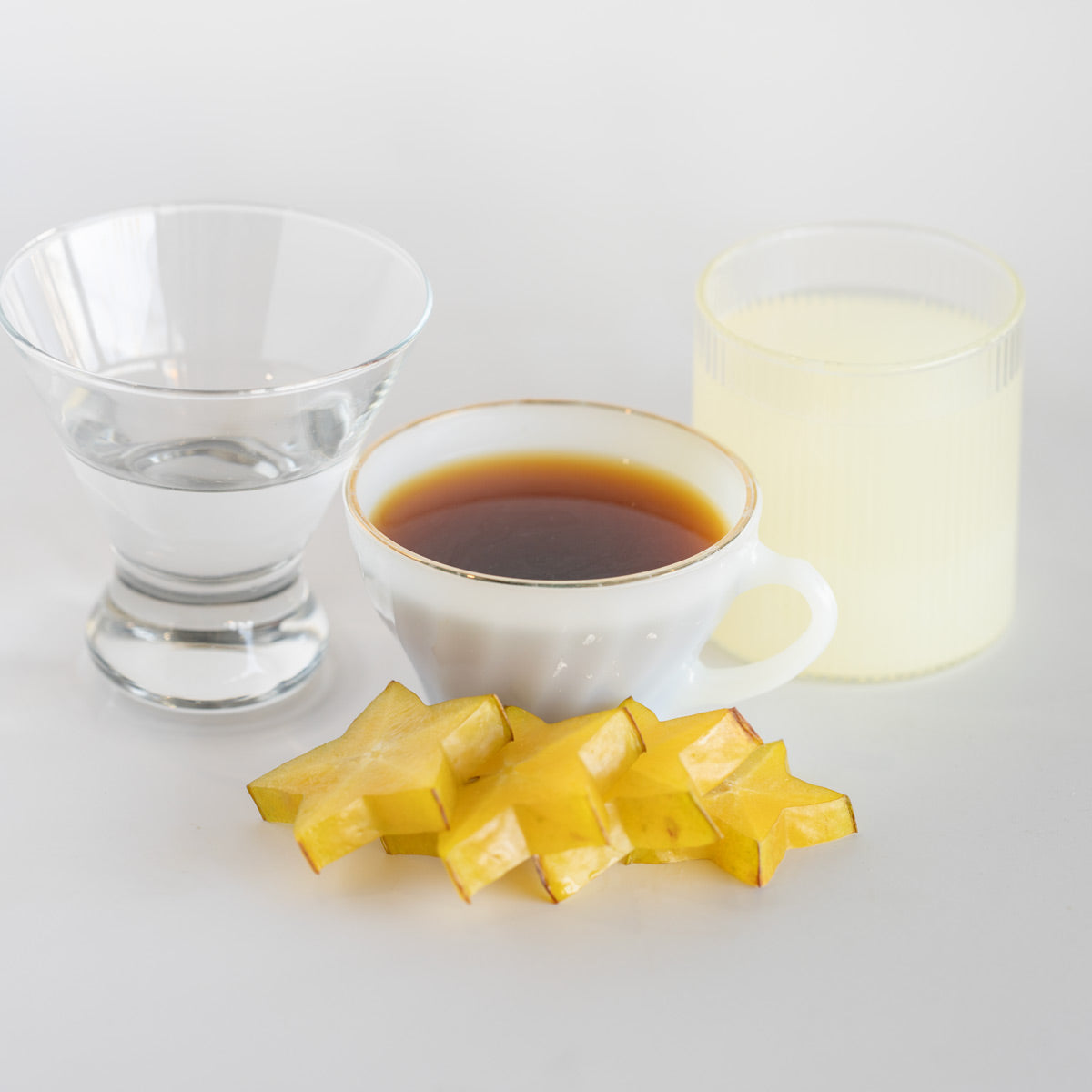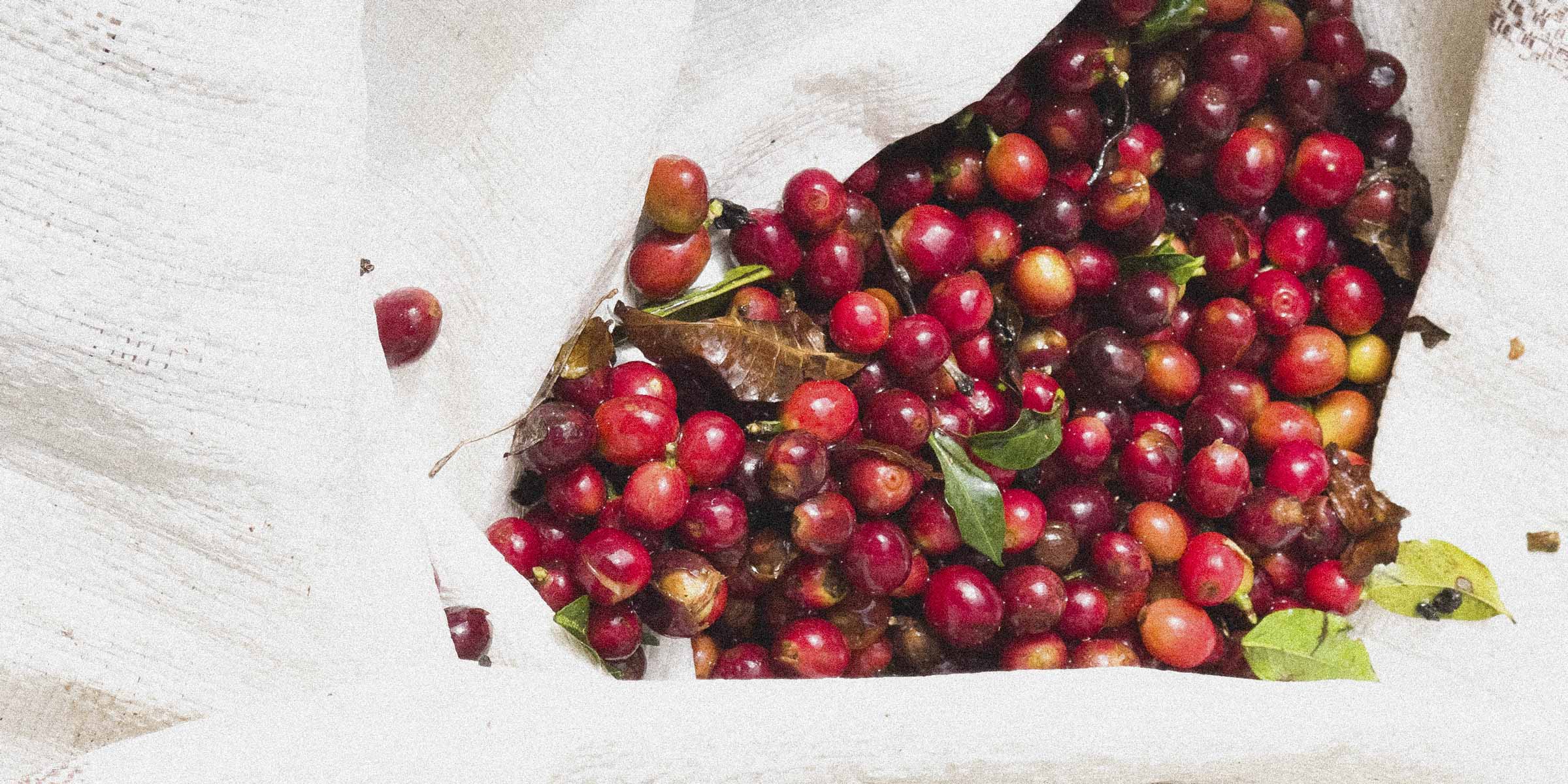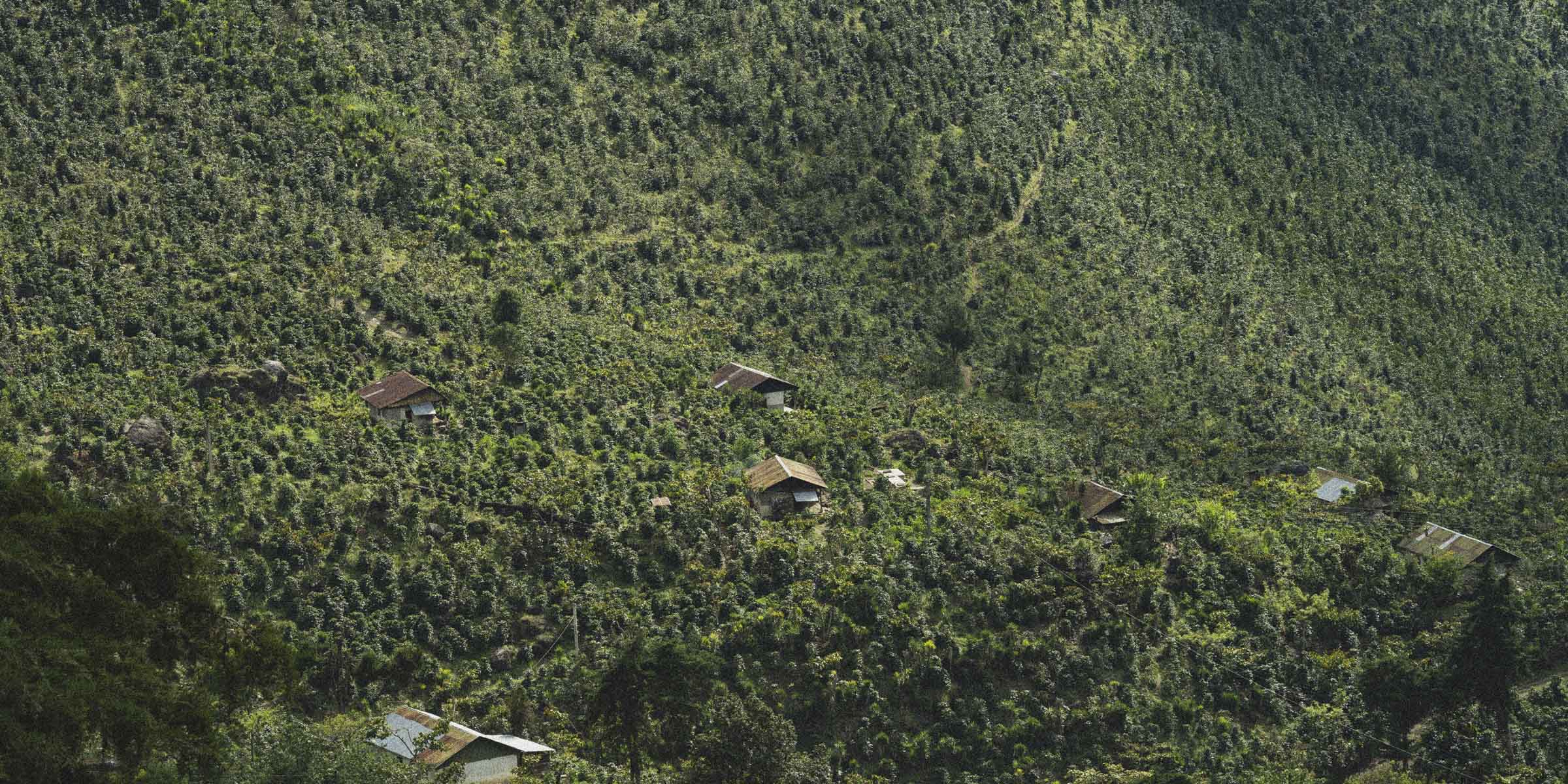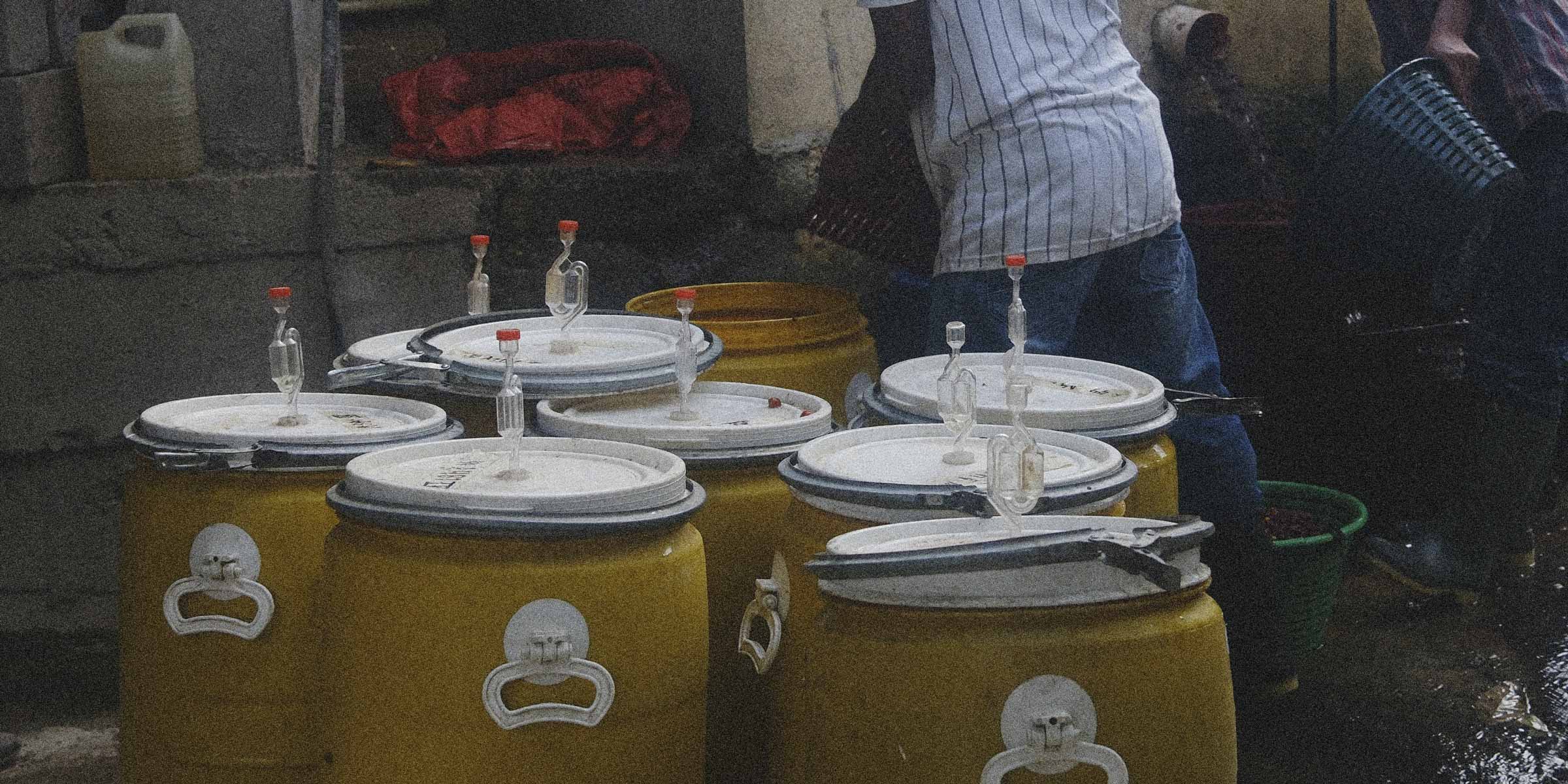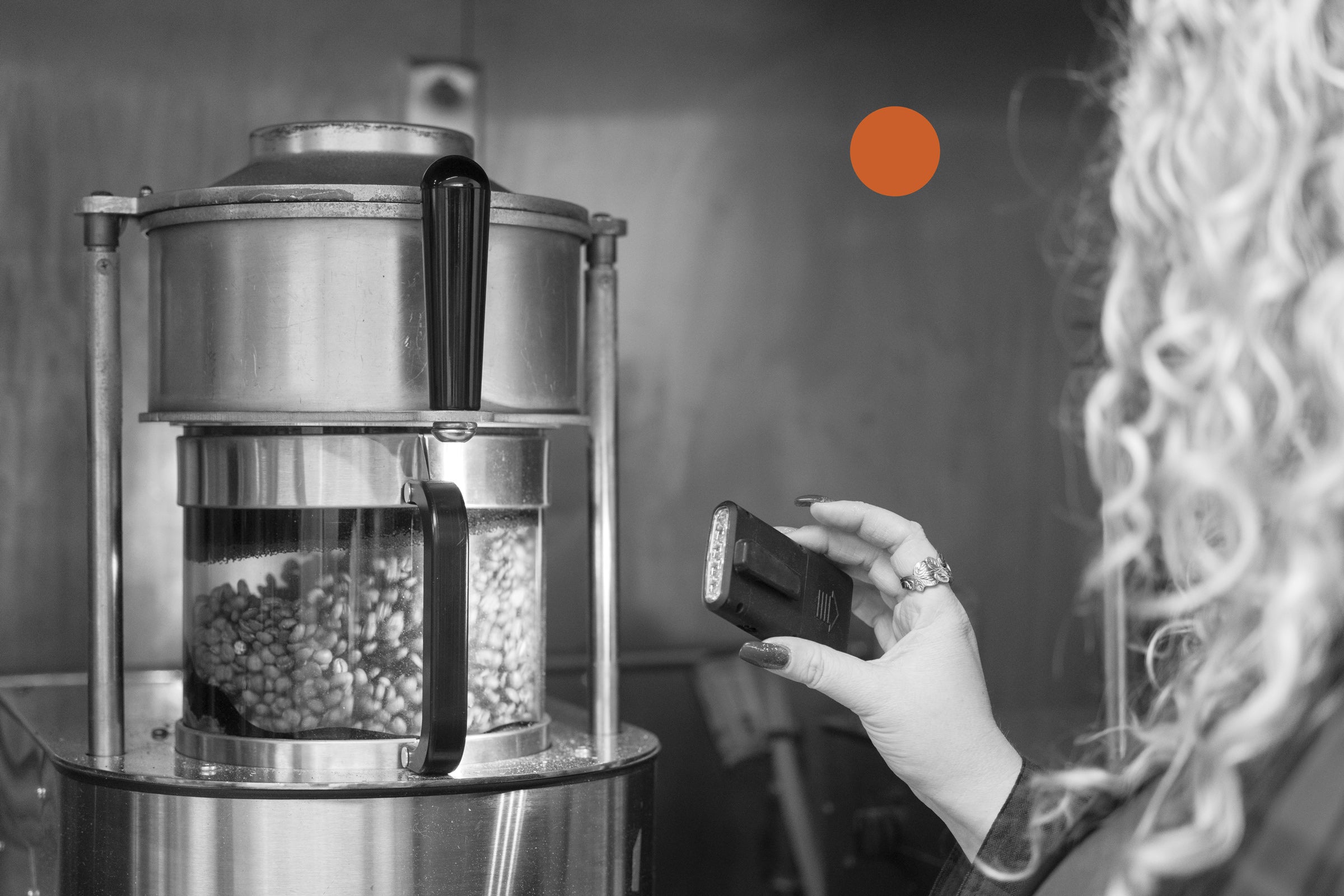
I find it interesting how people connect to coffee. Some people just love coffees from a particular country. Some people ask me for a good coffee at a certain roast level. I've also heard a lot of requests for specific varieties of beans. But, seldom do I get a request for a particular processing method. However, I believe the processing method has as much of, if not more of, an impact on the flavor of a coffee than any of the other factors listed above. The three most popular processing techniques coffee producers use are Natural (or dry), Honey (or pulped natural), and Washed (or wet). Today we are going to learn more about my personal favorite method, natural processing.
There are conventional techniques used for processing specialty-grade coffee: handpicking the cherries, de-pulping (extracting the fruit from the bean), fermenting, washing, drying, sorting, and, lastly, exporting. This common process is what we call the washed process, which you can read more about here. The natural processing method, also known as dry processing, removes the washing step entirely and pushes the drying procedure much sooner, right after the bean is handpicked. In this process, producers will pick the cherries and dry them with the pulp and skin still on the bean. The coffee is spread out on a drying bed and dried in the sun. With this method, the cherry fruit is attached to the coffee bean much longer than with washed processed coffee.
There is a lot of labor in the natural processing method because workers have to turn the beans regularly to avoid molding or spoiling. This process can take weeks depending on the weather. Its simplicity does mean, however, that the process requires little investment and is typically used for cheaper coffees in climate-compatible areas. You will find this process exclusively in some areas and it is most commonly used in Africa. Ethiopia, specifically the western regions of Limu and Harar, traditionally uses the natural processing method. Regions that are often humid or wet are not usually successful with the natural method and environments that can complete the entire drying process within 20 days are ideal for natural coffees.
Unlike the washed processing method, whose techniques are somewhat predictable, the results of natural processing can be inconsistent. In addition to the required climate, high-quality natural-processed coffee requires extensive hand labor. With the natural process, the majority of the work is done by hand, and even the most attentive harvesters can mistakenly pick unripe or semi-ripe cherries. Once dried, these unripe beans can become indistinguishable from the ripe ones, resulting in a sour batch of coffee. Labor can be challenging to acquire in many areas due to the number of workers needed and the affordability of employment. Coffee producers in Brazil began using machinery to clean and filter their coffee of defects to make the price of their natural coffees more accessible.
Although there are difficulties associated with natural processing, you shouldn't be scared to try them. A good batch of natural processed coffee has delicious, bright, fruity flavors that have become my personal favorite. Coffee buyers and consumers are easily able to distinguish the fruity notes of natural processed beans, making them highly desirable in recent years. Because of the intense fruity notes of natural coffees, I often compare them to a full-bodied profile of red wine.
During my time owning Sagebrush, I have been lucky to offer some fantastic natural processed beans, with some even rivaling the clean flavor and consistency of washed coffees. You can discover unique flavor complexities in natural coffees that are often not found in the other processing methods. The next time you brew a natural processed coffee, take the time to appreciate the flavor notes described. I can assure you it will be a rewarding experience.
